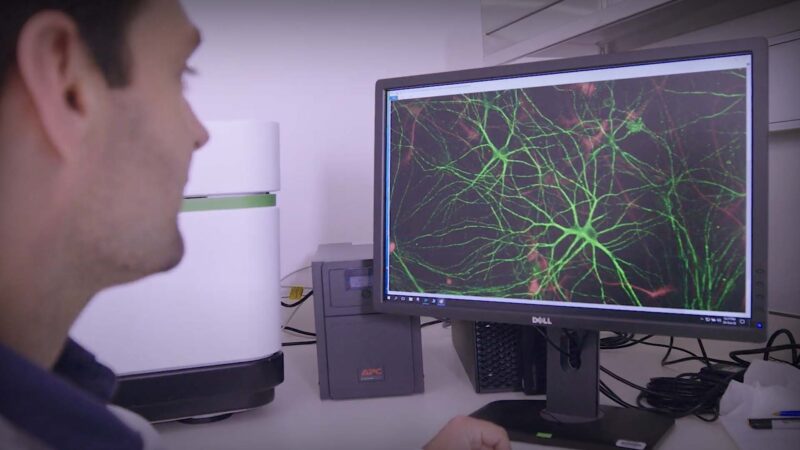Bench Side Story continues with Xinyi Wang, a researcher at the Wicking Dementia Research and Education Centre, University of Tasmania, TASMANIA, AUSTRALIA.
Ms Xinyi Wang is a Foundation-funded researcher who works at the University of Tasmania’s Wicking Dementia Centre. She is actively researching new approaches to detecting dementia.
Xinyi’s research is funded through an RHH Research Foundation grant.
You Might also like
-
Behavioural science in cancer screening, control and communication
Dr Dodd has an established international reputation as a behavioural scientist in cancer control and communication. Since completing her PhD in 2016, Dr Dodd has been awarded a three-year University of Sydney Postdoctoral Research Fellowship (2018-2021) and a three-year Research Fellowship at The Daffodil Centre (current). Dr Dodd is the co-chair of the ‘Strengthening and optimising approaches to cancer prevention, screening, and early detection’ hub at The Daffodil Centre (with more than 130 staff and students).
-
At the frontier of human cellular neuroscience research
Associate Professor Cedric Bardy is the Director of The Laboratory for Human Neurophysiology, Genetics & Stem Cells, located at SAHMRI. South Australia.
His current research uses preclinical, patient-derived cell models to test innovative therapeutic strategies, with a current focus on Parkinson’s disease, brain cancer and childhood dementia (Sanfilippo syndrome).
His work has established a platform to facilitate the discovery and validation of treatments for brain disorders. Their research is at the frontier of human cellular neuroscience research and translational applications that benefit global public health.
-
Role of Community Paramedicine in Non-Emergency Presentations
Dr Robbie King is a Lecturer in paramedicine and researcher at the Australian Catholic University (ACU) Brisbane. He also continues to provide clinical care as a registered paramedic for community members served by a jurisdictional ambulance service. Dr King has gained significant experience working in an advanced practice, community paramedic style role, holding expert clinical insight into the nuances of paramedic-led community-based healthcare for non-emergency presentations. This often involves adopting a biopsychosocial approach, rather than following the biomedical model more associated with emergency medicine and paramedic culture.



